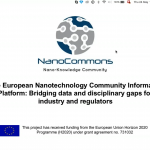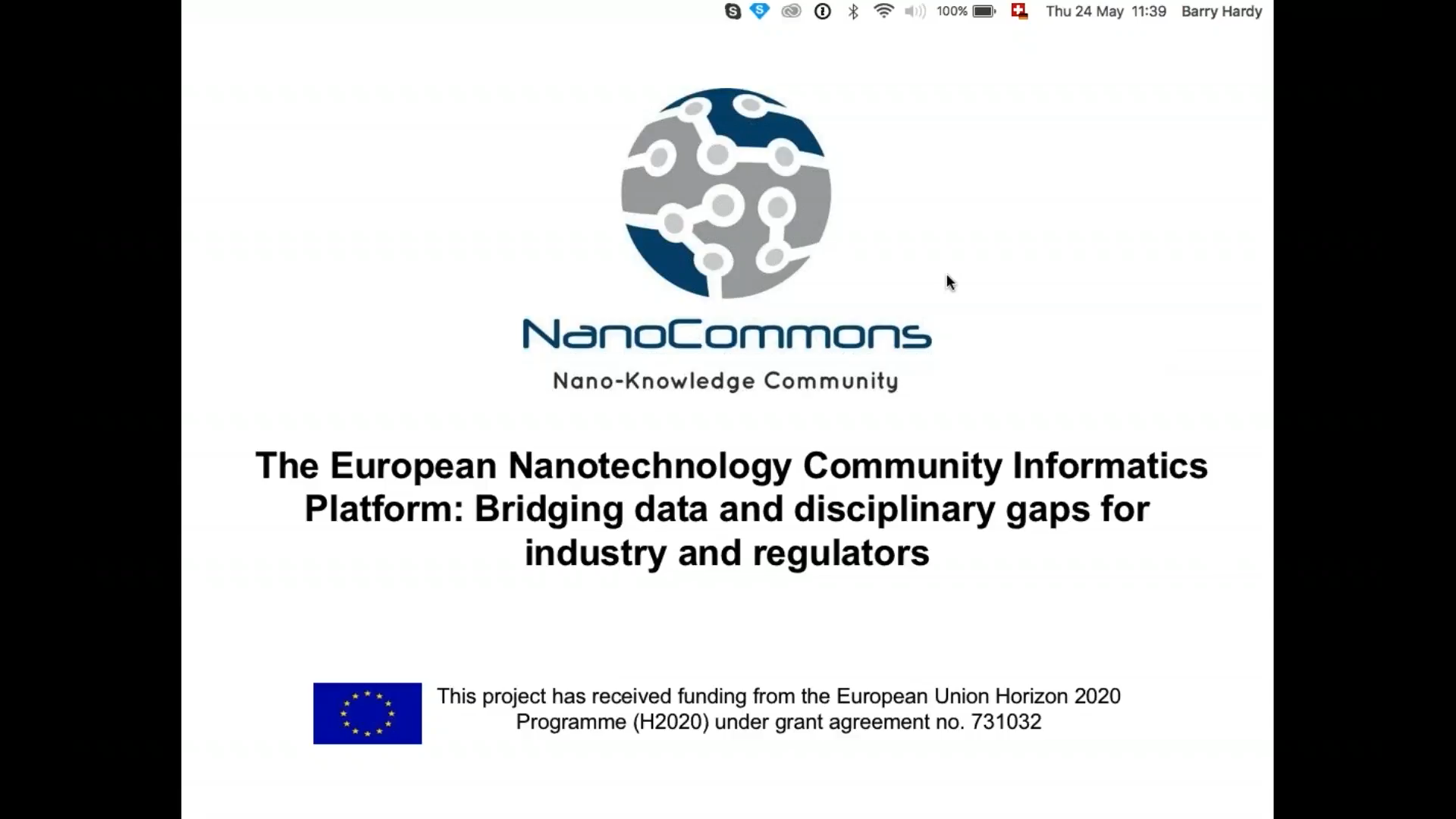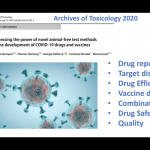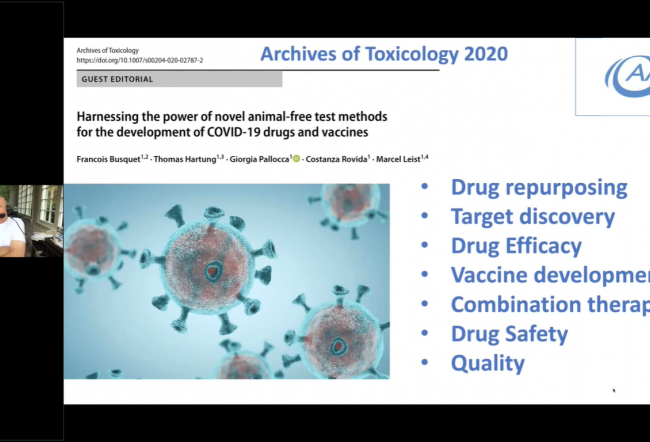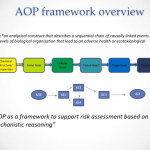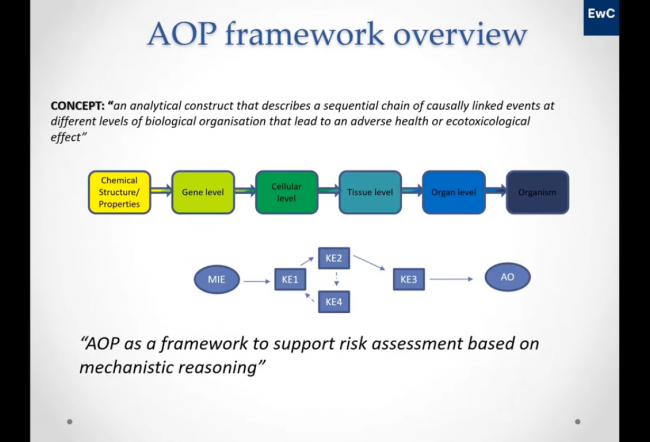NanoCommons - Data Management in Nano Safety Research
Anastasios G. Papadiamantis, University of Birmingham, UK - OpenTox Asia 2018
Summary: Nanosafety research is rapidly transforming into a highly competitive and data-intensive field. Translational research, the introduction of nanoinformatics and the shift towards big data introduce the need for complex data capture, storage, handling, and analysis. This combination is called data management and is the most neglected aspect of scientific research, with few laboratories having established processes to automatically capture, store and make data (primary and metadata) available on demand. Data management, if done correctly, ensures that collected data stay safe, can be easily handled and analyzed, and is continuously available via data repositories. Data management has become even more significant due to requirements for Horizon 2020 (H2020) project data to be FAIR (Findable, Accessible, Interoperable, and Re-usable) and compatible with the EU Observatory for Nanomaterials (EUON).

